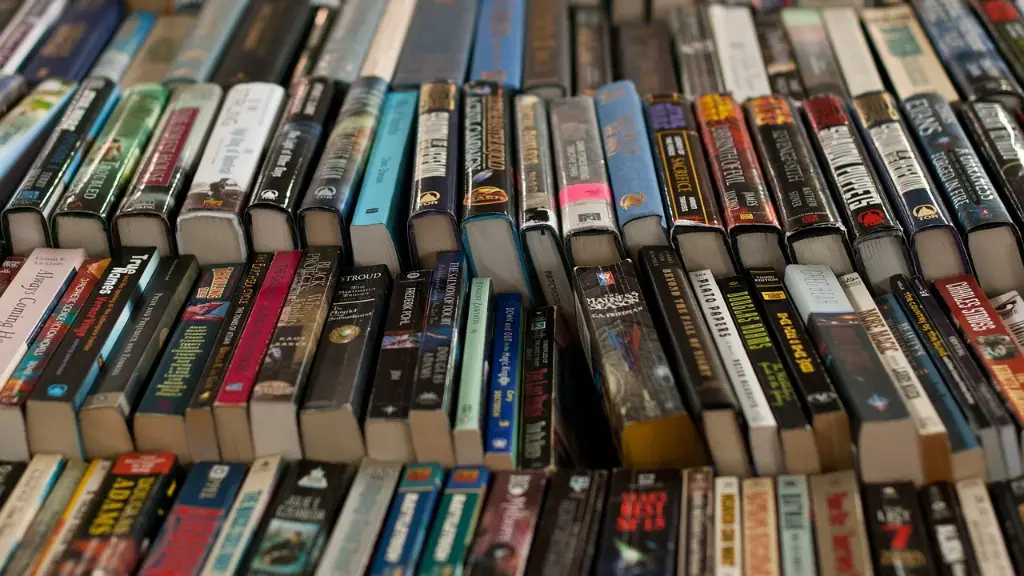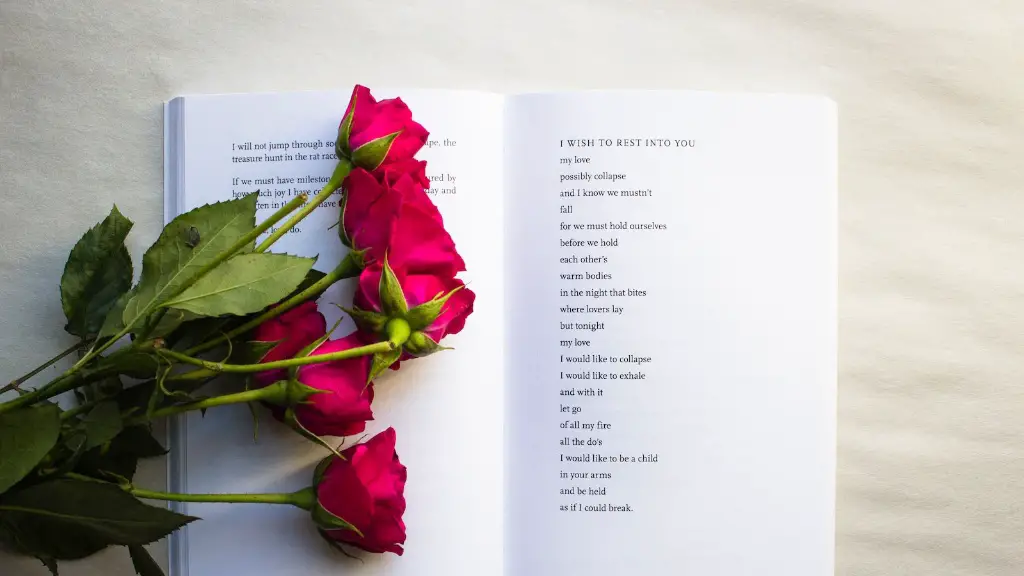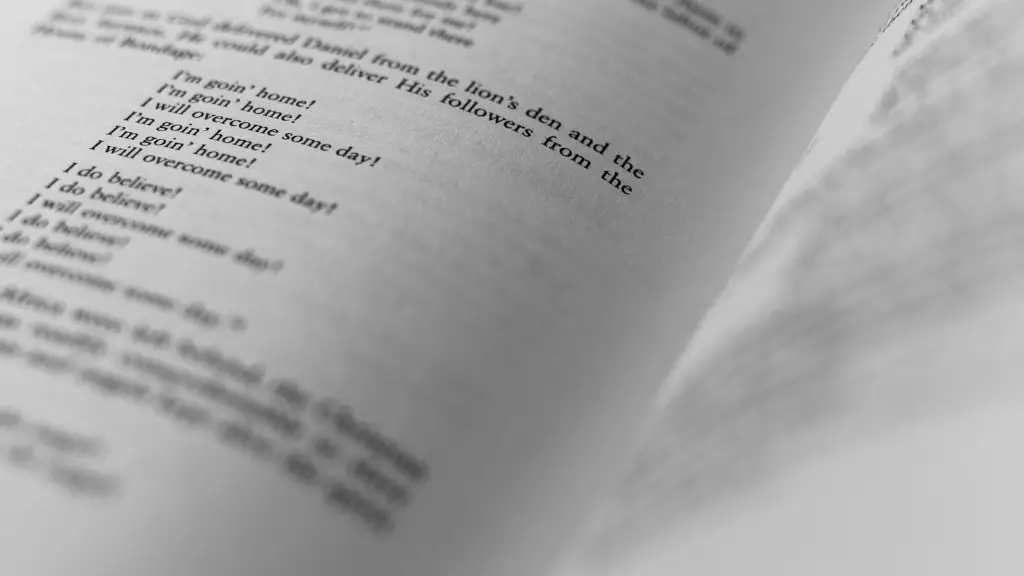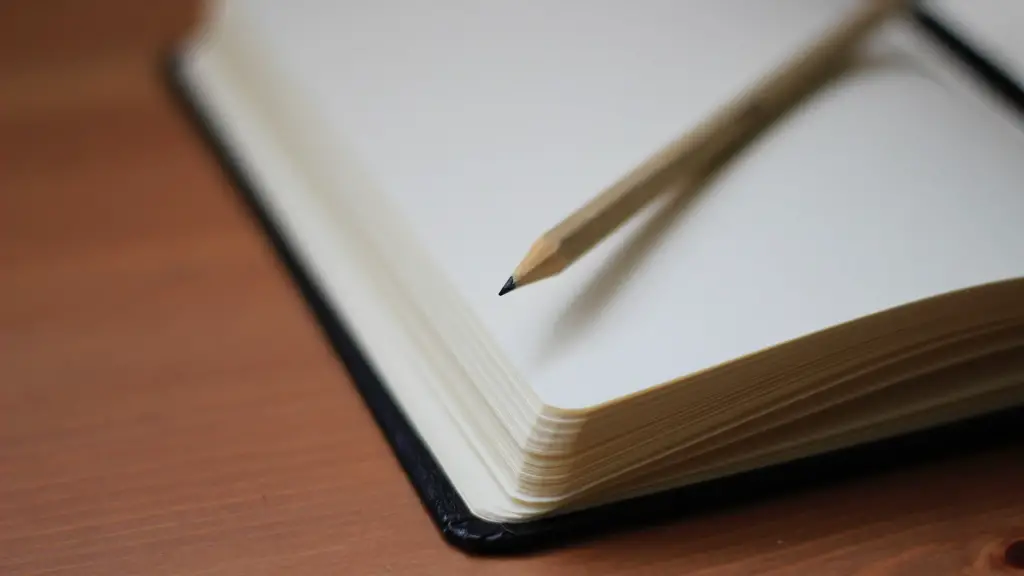Start with the Basics
Appreciating a poem begins with understanding the context. Ask yourself questions such as what is the poem about? Who is the author? What is their writing style? Answering these questions will help you comprehend the main points of the poem, which is your first step towards truly appreciating it. Developing an understanding of the use of literary techniques such as metaphors and imagery, is also beneficial. It is these techniques that can make a poem more engaging and memorable.
In addition, learning about the history of poetry can help you appreciate it more. Knowing the roots of poetry in different cultures and the influence of various poets is important to fully understand the art form. Understanding the foundations of the various poetic structures like the sonnet and haiku can also inform your appreciation.
Read Aloud and Out Loud
When reading a poem, it is important to remember that it is not just words on a page, but is meant to be heard or read aloud. Reading the poem aloud helps you to understand the full throttle of emotion that the poet is trying to express. This experience allows the reader to feel it, which amplifies the appreciation of the piece.
Reading poetry out loud in a group can also enhance the appreciation of the poem. Hearing and being a part of an entire group of people reading the poem enhances the experience even more. It allows readers to pick up on nuances and subtle interpretations, thereby deepening the appreciation. Likewise, attending poetry readings or spoken word events is also a great way to appreciate poetry.
Find Connections
Approaching poetry with a perspective of finding connections between the poem and one’s own life can be a valuable tool for appreciating the poem more. Connecting to the emotions, memories and even the same life experiences can help to relate more to the poem and in turn, truly appreciate it. Through this connection to the poem, we can better understand the feelings, actions and words of the poem. Establishing this connection enables readers to begin to feel the rhythm of the poem and makes the experience an enjoyable one.
Likewise, looking at how poetry is connected to other art forms such as music and how poetry is used in film or television can all open up even more doors of appreciation. Understanding how frequently poetry is used to express the deepest of emotions or to share a unique perspective helps to appreciate it even more.
Create a Dialogue
More often than not, a lot of hidden or ‘unsaid’ messages are delivered in poetry. Having a dialogue or discussion around a poem allows readers to bring out these messages and start to appreciate the poem at a deeper level. A fruitful discussion about a poem can help readers to understand the poem more, through their different interpretations and opinions.
Moreover, discussing a poem allows the readers to add their own layer to the poem through the interpretations. This adds yet another detailed perspective for readers to appreciate the poem. Consequently, having a discussion about a poem can be a great way to appreciate it better.
Write your own Poem
Writing can be a great way to kickstart your appreciation for a poem. As you write your own poem, think about the structure you want to create, the literary devices you want to employ and the emotion you want to evoke. As you write your own poem, you will see your appreciation for the original poem rise, as you gain a sense of the effort that goes into crafting a poem. As you write your own, you will appreciate the choice of words, structure, motifs and imagery used by the poet that you are reading. In this way, it can become much easier to appreciate the poem being read.
Pair Poetry with Other Art Forms
Pairing poetry with other art forms is another great way to appreciate poetry. Combining poetry with music, painting, sculpture, dance, film and theatre can assist in inviting a wider audience to engage with poetry. Collaborating with other art forms allows poetry to be explored in innovative formats, thus opening up the means to appreciate a poem in a completely new way.
Change the Context of the Poem
Taking the poem and changing the context of it can stimulate greater engagement and appreciation of the poem. Reading a poem with a completely different context, or switching the characteristics of the characters within the poem can make the poem more relatable and more enjoyable. This opens up a new level of appreciation as the poem meets the readers in a whole different way.
Develop a Sense of Critical Thinking
Possessing a critical eye when reading a poem allows readers to appreciate the art of poetry in a more meaningful way. Engaging in deep analysis of a poem allows the reader to really become part of it. In this way, readers can take a journey through the poem and come to their own conclusions. As readers begin to review their own thoughts and ideas in relation to the poem, they begin to appreciate it even more as a result.
Understand the Effects of Poetry
Knowing the power of poetry and the effect it can have on one’s mind and emotions is essential to appreciate poetry. Knowing that poetry can help us to express ourselves, to release tension, to seek wisdom and to connect to others, can help to understand why poetry matters and why it is so important to appreciate it. In this way, we can begin to appreciate all the remarkable effects of poetry.
Explore Multiple Interpretations
Finding different interpretations for a poem is a powerful way to appreciate it. We all comprehend things differently and by understanding various interpretations, we can begin to appreciate the poem more. This allows us to access the poem on a more emotional level as well as an intellectual level. Poetry is often appreciated from an emotional standpoint, but by exploring various interpretations, we can begin to appreciate it from both emotional and intellectual standpoints.



